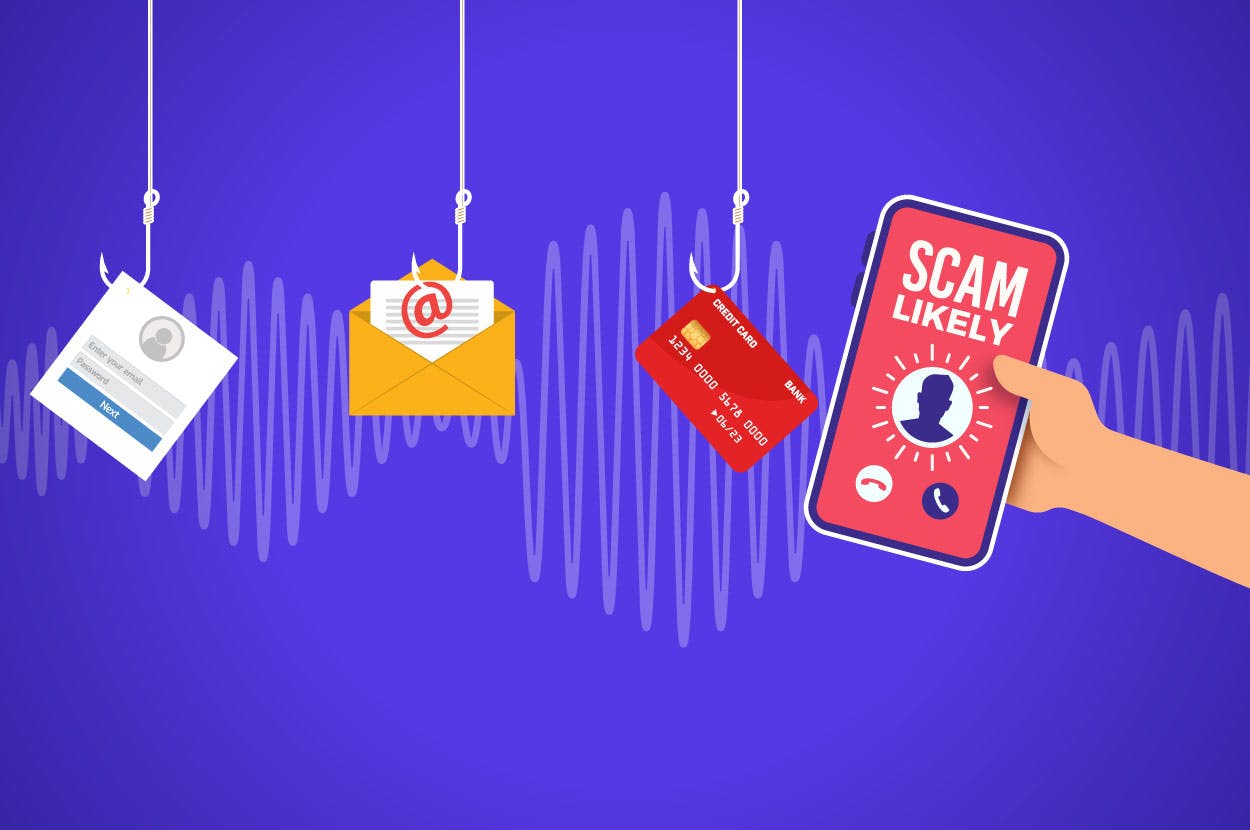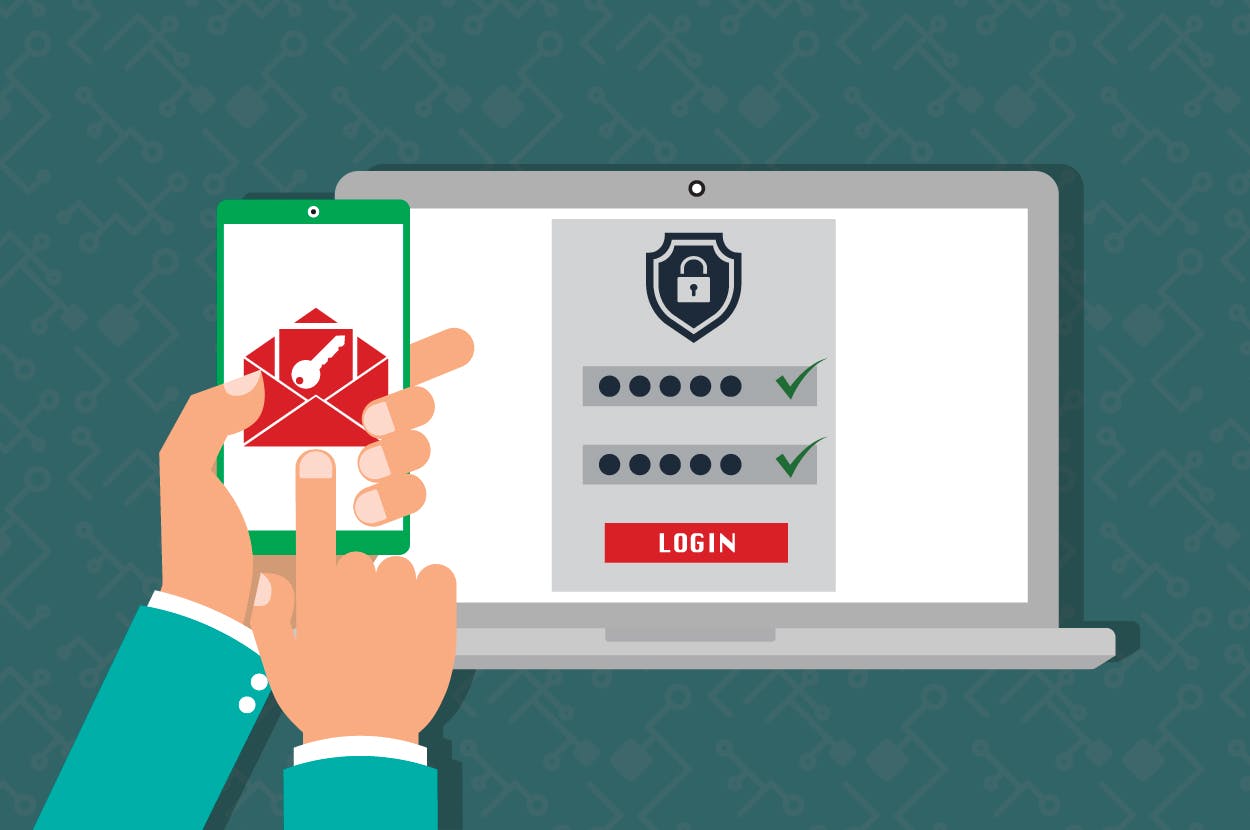Safety and Protection
How to Spot a Voice Phishing (Vishing) Scam
May 03, 2021

Learning about scams is the best way to help protect yourself. Vishing is a phone scam that has become increasingly common.
Find out what vishing is and what you need to do if someone tries to scam you.
What is Vishing?
Vishing is a combination “voice” and “phishing.” It’s a phone scam that tricks innocent people into giving out their personal information.
Here’s an example of how it works:
Scammers use technology that makes hundreds of calls at a time. These calls spoof the caller ID, which means the scammer can make the call look like it is from a trusted phone number.
Once the scammer gets you on the phone, they lie about who they are to trick you into giving away personal data. Then the scammer uses that data to steal your money.
Why is Vishing Dangerous?
Phishing scams cost victims $54 million in 2020, according to the FBI's Internet Crime Complaint Center. During vishing calls, scammers trick you into telling them your account numbers, passwords, credit card numbers, and all sorts of other information. That’s how they can steal your money.
For example, you might get a phone call that looks like it is coming from your financial institution. When you answer, the scammer pretends to work for your financial institution.
Then they will do whatever it takes to trick you. They might pretend there is a problem with your account and ask you for your account number or personal details for verification.
Financial institutions are not the only type of organization that scammers might impersonate. They might pretend to be a government entity like the IRS and claim there is a problem with your taxes. They might pretend to be a company and trick you into thinking you won a prize.
The important takeaway is that the scammers could impersonate anyone. So it’s crucial to know how to spot a vishing scam so you don’t fall for the tricks.
How to Protect Yourself from Vishing
When you get a phone call, take a moment to consider the validity of the caller. Here are some tips to help you protect yourself from becoming a victim of vishing scams:
- Look out for red flags
If the caller is trying to get you to take urgent action, using scare tactics, or asking for personal information like bank details, social security number, or passwords/PINs, these are red flags. - When in doubt, hang up
Even if the caller is claiming to be from your financial institution or the IRS, if you feel doubtful, simply end the call. It’s better to hang up and call the organization back directly at their actual phone number. Don’t trust a phone number that the caller provided. This way, you’re in control and don’t have to worry about a spoofed number. - NEVER give out your personal information to a caller
If someone is using urgency to try to get you to provide your personal details or card numbers, it is suspicious. By hanging up and researching the actual phone number of the organization, you can contact them directly to see if there is truly a problem. So even if the caller is claiming there is an urgent problem, do not provide any information when you’re in doubt.
Category
Safety and Protection
Tags
Find a Branch or ATM
We’re local, serving multiple counties in Florida


